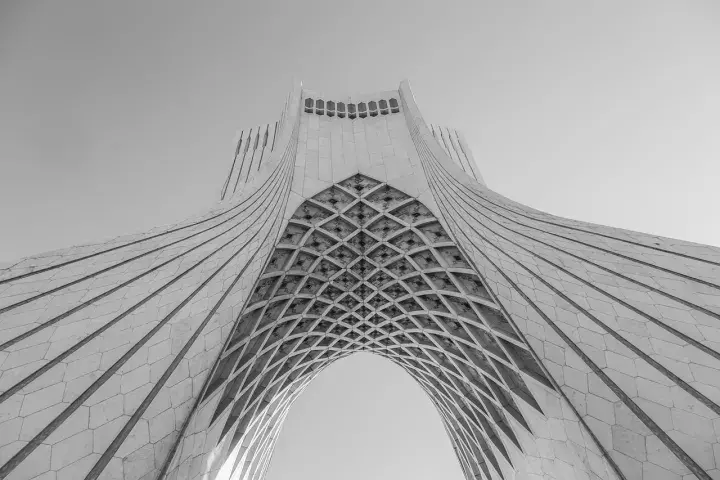
Iranian Economy Minister Abdolnasser Hemmati expressed optimism about advancing Iran’s compliance with the Financial Action Task Force (FATF) during a recent meeting with journalists, as reported by Intellinews. The minister highlighted efforts to pursue alternative legal routes to align with the FATF’s international standards, which are seen as vital to Iran's economic interests.
Iran has been on the FATF blacklist for several years, a status that has severely limited its banks' access to the global financial system. This isolation has hindered Iran’s ability to utilize foreign currency reserves effectively, driving up the costs of non-oil international trade and straining the economy. The FATF has criticized Tehran for allegedly supporting groups that many countries classify as terrorist organizations, such as Hezbollah, and has demanded that such ties be severed before welcoming Iran into compliance.
Despite its blacklisted status, the FATF in 2016 acknowledged Iran’s commitment to addressing gaps in its anti-money laundering (AML) and counter-terrorism financing (CFT) measures. Since then, the Iranian government has made notable strides by introducing a cash declaration regime, amending its AML and CFT laws, and adopting an anti-money laundering by-law. However, the issue of Iran’s alleged funding of certain groups remains unresolved, posing a major hurdle to its full compliance. The Iranian government still faces significant legislative challenges. Two critical bills—the Palermo Convention on Transnational Organized Crime and the CFT Convention—have passed parliament and received government backing but await approval by higher legislative authorities, including the Guardian Council. These bills were referred to the Expediency Discernment Council, tasked with resolving disputes between parliament and the Guardian Council, but their review has been delayed for years.
In February 2020, the FATF reinstated countermeasures against Iran, urging member states to apply stringent financial restrictions. This move further isolated the Iranian financial system, amplifying the need for resolution.
The election of President Masoud Pezeshkian in mid-2024 has renewed hopes of progress. The president has pledged to finalize the FATF Action Plan and seek the suspension of countermeasures against Iran, signaling a potential shift in Iran’s engagement with international financial norms. Minister Hemmati reiterated that ongoing engagement with the FATF aligns with national interests, stating, “We are monitoring this issue… I believe that this serves the interests of the country.” He also confirmed that the government would soon submit a formal request to the Expediency Discernment Council to explore alternative compliance pathways. “We are approaching this from a different direction and will bring it to the Council’s consideration as well,” he explained.
Meanwhile, the head of the Expediency Discernment Council, Sadeq Amoli Larijani, commented on the matter during a meeting with private sector leaders. He downplayed the practical impact of FATF and SWIFT restrictions, noting that Iran has already implemented 40 of the 42 FATF recommendations. Larijani emphasized that FATF guidelines are not binding agreements, allowing Iran to selectively adopt provisions that align with its national policy objectives. “A robust enforcement mechanism ensures that all parliamentary resolutions are fully aligned with the nation’s strategic objectives,” he added. As the Iranian government weighs the economic benefits of full FATF compliance against its political and strategic considerations, Hemmati’s statement underscores a broader commitment to addressing these challenges amid growing economic pressures.

